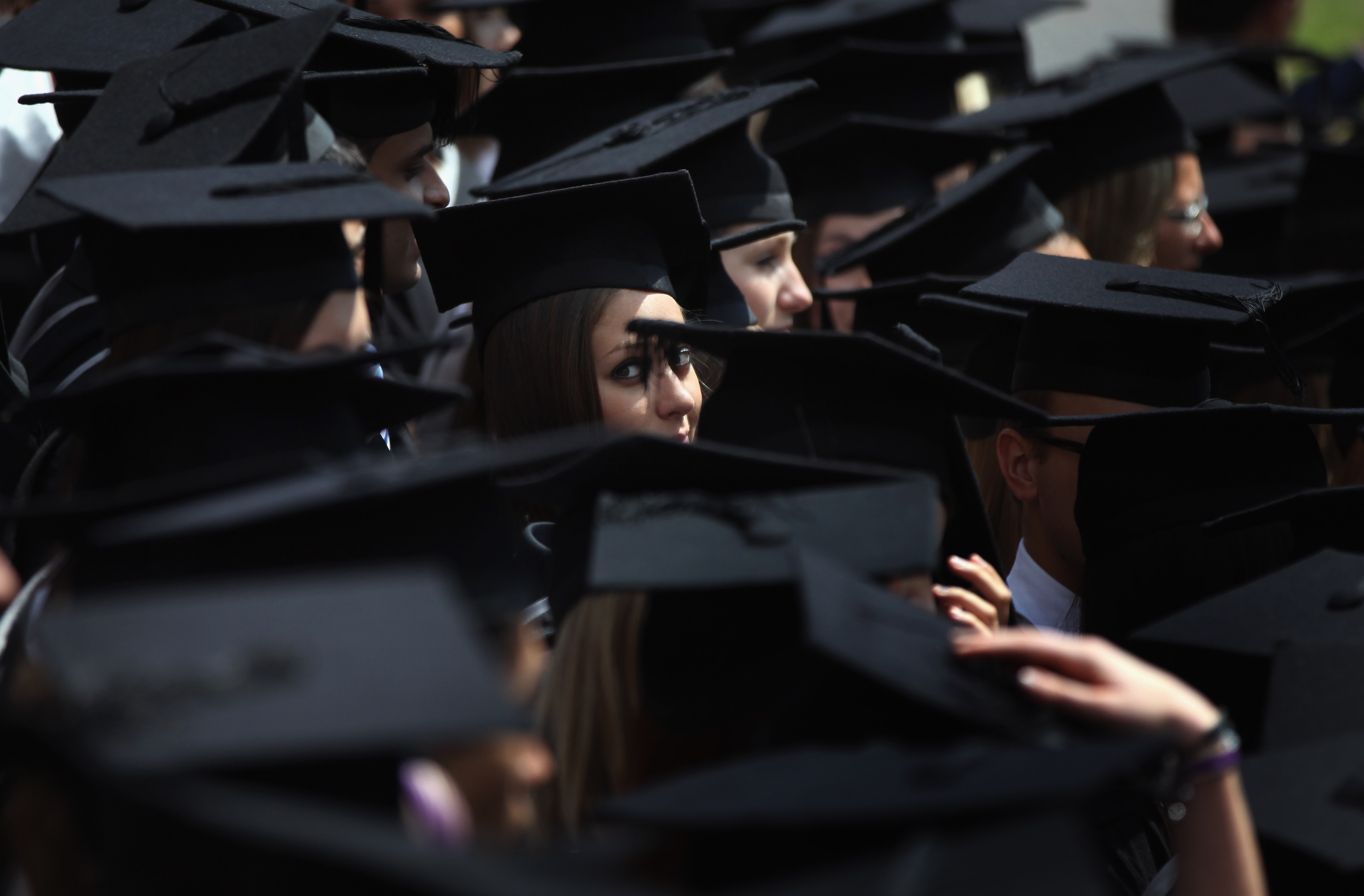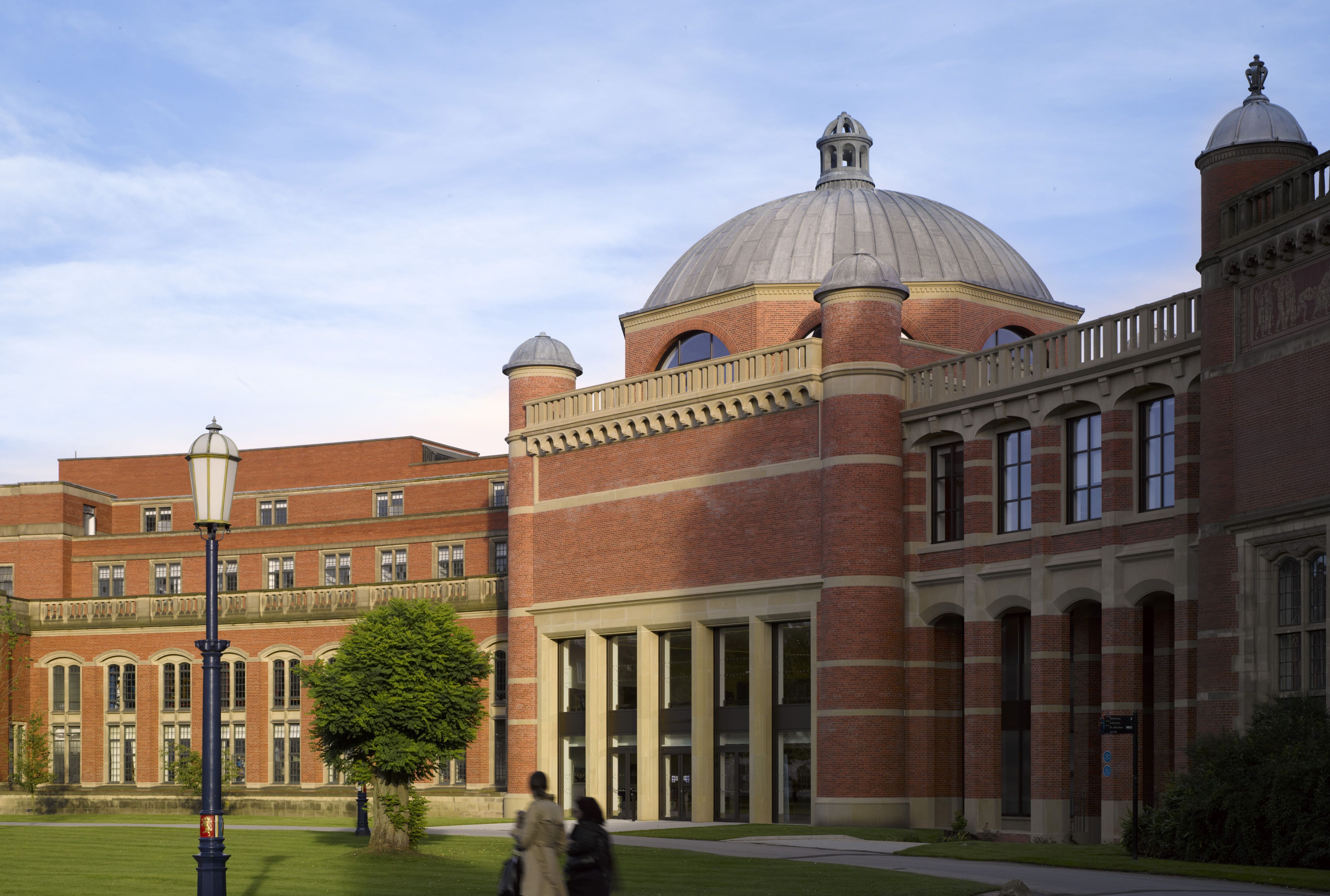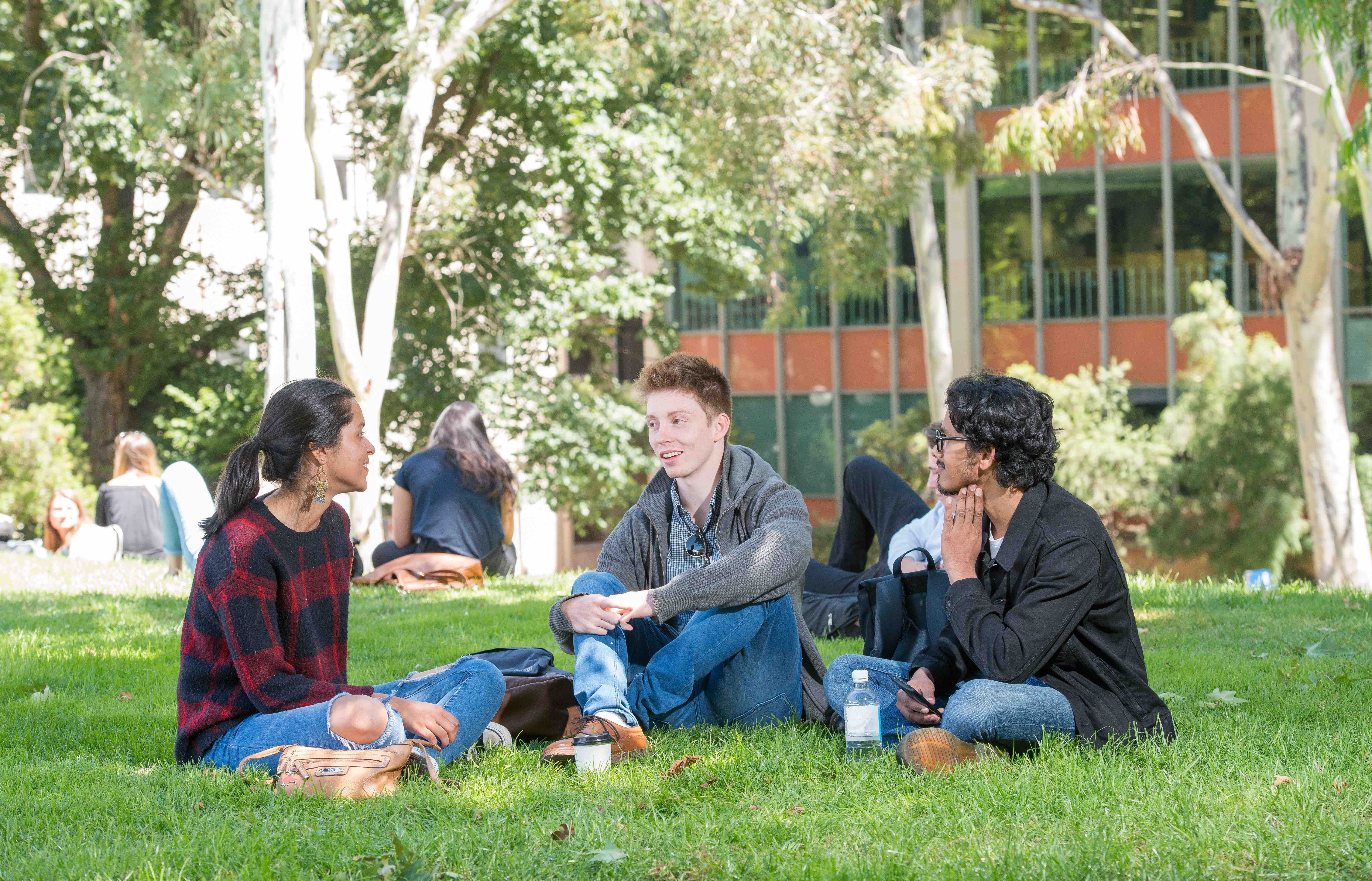
Education
The creative disruption of higher ed

Universities elevate and empower – providing an engine for prosperity and social mobility. But their role as establishers of truths, or challengers of concepts and beliefs is under pressure
Published 6 July 2018
Thomas Hardy’s final novel, Jude the Obscure, was first published as a single volume in November 1895. It is a fictional account of protagonist Jude Fawley’s ill-fated attempts to study at Christminster’s Biblioll College.
The message to Jude was clear: university education was not available to those from a working-class background. Hardy’s novel explores not just the injustice of social exclusion but also the right of individuals to access what is known.
It shocked contemporaries. It pointed to a future we would embrace.

At the same time that Jude was published, Joseph Chamberlain was planning the University of Birmingham.
Founded in 1900, the University of Birmingham offered a vision of higher education that would include those excluded in Hardy’s Jude, a great ‘school of universal instruction’ and one which was accessible to all regardless of class, gender or background.
This vision of democratised learning, founded on the principle of enabling access to education regardless of class and social background, has become fundamental to the vision of the modern university. The last half century has seen sustained, and increasingly rapid, expansion in access to higher education in both the UK and Australia.

Education
The creative disruption of higher ed
Supported by the establishment of new universities, universal secondary education has become the gateway to mass higher education, with participation rates now close to 50%, with a marked increase in access for those from disadvantaged backgrounds.
Universities rightly take pride in the role we have played, and continue to play, in this achievement of social progress.
What we now term a university education is very different from the traditional model that closed its doors to people like Jude, and the diversification of the curriculum means that it is now impossible to speak of a ‘universal’ university curriculum.
University provision has extended to include online and distance learning, blended courses, foundation degrees, degree apprenticeships, flexible entry and exit points, and the list goes on.
I want to offer a caution, though. A caution against a kind of reductionism which seeks to recast universities as engines purely of social mobility or of growth, or as engines of almost anything else.
Great universities promote social mobility through a vision that is radically inclusive. The role of the university doesn’t end once it has proved that it is socially compliant. If we think of the university in history, its purposes have been often noble, sometimes instrumental, occasionally subservient, but ultimately varied.

Universities have buttressed states, they have challenged states. They have hallowed science, they have perverted science, but mostly they have venerated science.
Fundamentally universities are shaped by, and indeed defined by knowledge – that is, if you like, their single ‘product’. We discover, challenge, experiment, conceptualise, and publish.
Without universities the knowledge and understanding of the modern world, indeed of the last millennium, would have been radically impoverished.
From this, we might distil the essence of a university: they are communities of knowledge, places that teach what we know best, and that challenge what might otherwise become petrified and stultifying. They elevate, they empower, and they make prosperity possible.

But this last characteristic is in danger of becoming the only characteristic. In advanced, socially liberal countries, universities have come to be seen as the pre-eminent engines of social mobility.
The nature of modern society and the centrality of science to economic growth has ensured that universities, wealth, and social mobility have become inextricably intertwined.
Wider societies depend on universities because they are the most powerful engines of research and development, places where cultures are enriched and social capital created, and they are acknowledged as the places where the minds and capabilities of the next generation are fashioned.
The knowledge universities hold is fundamental to everything else we do. Students come to universities in order to know more and better. They understand that there is an authenticity to the knowledge they will discover at universities which they cannot find elsewhere.
Yet this role is being challenged.
It is a challenge rooted in the changing nature of our democracies, and the changing, at times corroding, nature of public debate.
It is being challenged in the current public debate about the position and purpose of universities and it is being challenged by the rise of social media and alternative technologies that construct and disseminate knowledge.

At their best, these new forms of communication and interaction open debate, widen the dissemination of knowledge, challenge orthodoxy, create new alliances, and hold power to account.
We have become familiar with their worst, however - an environment in which knowledge is not contested but asserted, where alternatives are not explored but excoriated, and where self-constituting communities are quick to characterise other people’s understanding of ‘fake news’.
There is a danger here that these new forms of communication construct the very antithesis of a university. This counterpoint between the university at its best and social media at its worst has two important consequences.

Education
Making universities worth it
The first is the risk of a corrosion and coarsening of public debate. That is, the creation of the world of mutually-reinforced assertion, sometimes founded on misapprehension and misunderstanding, and sometimes founded on wilful misrepresentation.
A second challenge is to the idea of the university itself. Universities are far from immune from wider social forces.
To be a university, an institution must remain open, must remain a place of debate, and must ground all that we do in those disciplinary conventions which enable us to establish truths, challenge concepts and beliefs.
Let me, then, rally to the defence of the idea of the university at a time when knowledge is not so much being democratised as corroded.
The future of universities, like our history, rests in our unflinching commitment to be cathedrals of knowledge, where we celebrate what we know, we remain humbly curious about what we don’t yet know, and we share what we do know generously and rigorously with students from all backgrounds and society more generally.
That is why we should have universities; that is why we should fund them; and that is why they should be open to all who can benefit from being part of them.
This is an edited extract of Professor Sir David Eastwood’s 2018 Sir Robert Menzies Oration on Higher Education.
Banner: Getty Images